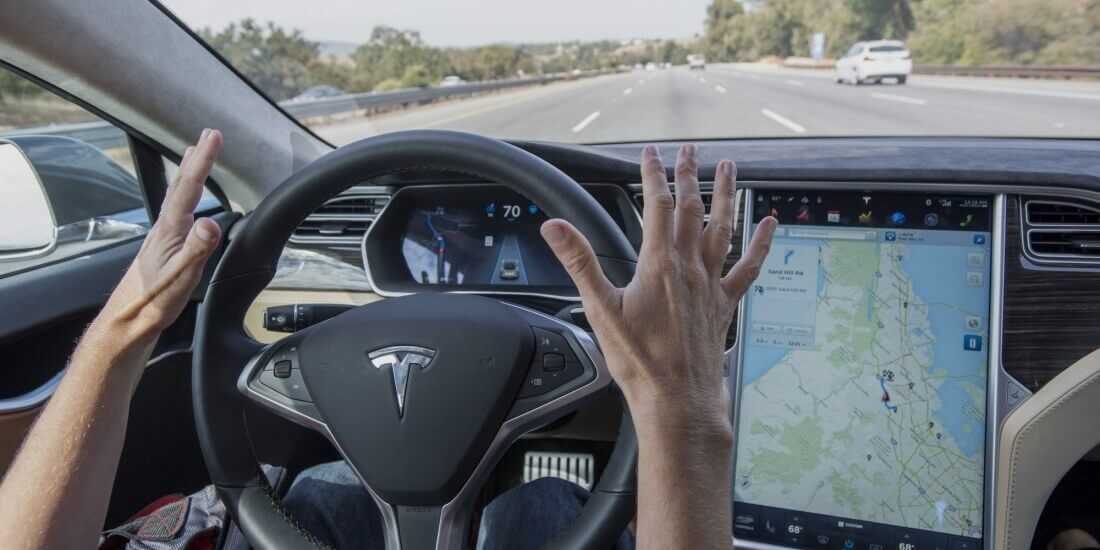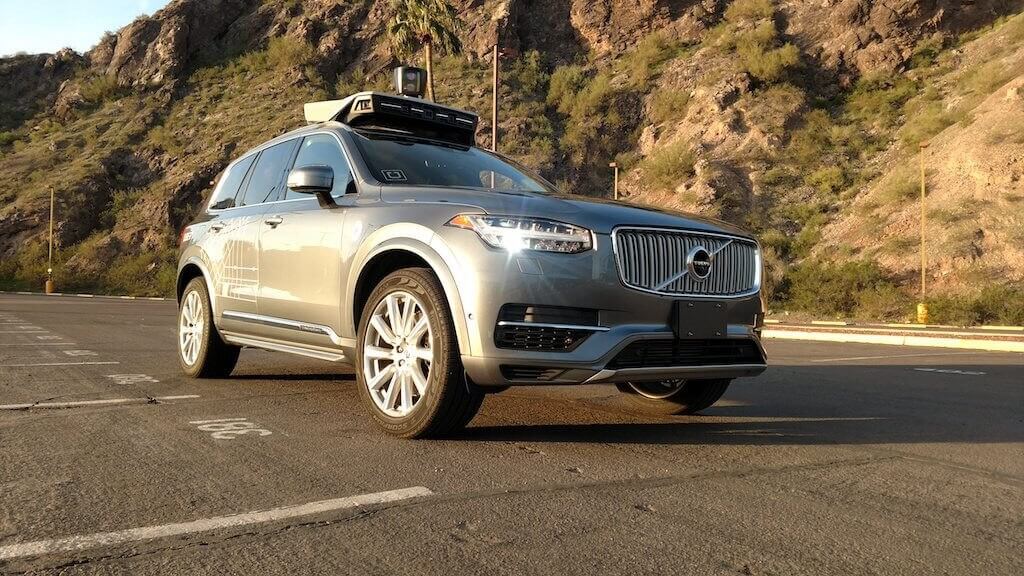Why it matters: The recent slew of self-driving vehicle crashes may have shaken the public's trust in autonomous vehicles, but California will be pushing ahead with two new autonomous vehicle pilot programs regardless. These programs will let companies use their self-driving cars to pick up passengers for free rides, provided they abide by the DMV's strict requirements.
The public's trust in autonomous vehicles has been shaken lately following numerous self-driving vehicle crashes, but those fears seem to be calming down now.
In a press release published today, California's Public Utilities Commission (CPUC) announced their decision to let companies use their autonomous vehicle fleets to provide rides to the state's citizens.
The CPUC is making this possible through two "pilot programs," the first of which will let companies pick up passengers using autonomous vehicles provided there's a "trained driver" in the vehicle.
The second program will mostly be the same, but it eliminates the driver from the equation entirely. As a result, this programs' rules are a bit more strict. For example, companies will be required use remote monitoring software to make sure the vehicle and its passengers are safe at all times.

"I am pleased to launch these pilot programs as part of the evolution of the passenger transportation system in California," CPUC Commissioner Liane M. Randolph said in a statement. "Our state is home to world-class innovative companies and I look forward to these services being offered with the high level of safety that we expect from our passenger service providers."
From what the CPUC has said so far, it sounds like neither program will allow companies to charge customers for rides; everything must be completely free for the time being.
That stipulation is unlikely to be much of an obstacle for tech companies, though. The data they'll inevitably gather through these pilot programs will likely make up for any costs they may incur by offering free rides.
